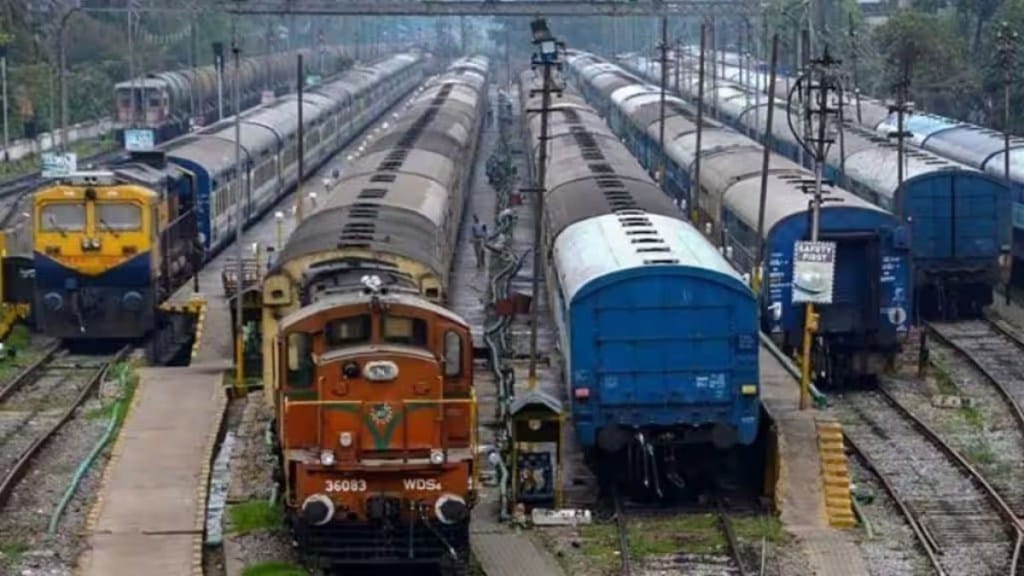The Cabinet Committee on Economic Affairs (CCEA), led by Prime Minister Narendra Modi, on Monday (September 2) gave its approval for a new railway line project connecting Indore and Mumbai. The Ministry of Railways will undertake this project, which is estimated to cost approximately Rs 18,036 crore, according to a statement from the CCEA.
The new railway line, stretching from Indore to Manmad, will facilitate direct connectivity and enhance mobility, thus improving the efficiency and reliability of Indian Railways services. This project will span six districts across Maharashtra and Madhya Pradesh, extending the existing railway network by about 309 kilometers.
The project aligns with the PM-Gati Shakti National Master Plan, which aims to provide multi-modal connectivity through integrated planning. The project is expected to create approximately 102 lakh man-days of direct employment, referred to by Vaishnaw as “human days,” throughout its construction phase.
30 new railway stations to connect 1,000 villages
The development will include the construction of 30 new stations, significantly improving connectivity to the Aspirational District of Barwani and linking approximately 1,000 villages with a population of around 30 lakh.
It is expected to enhance the movement of people, goods, and services, boost regional tourism by providing a shorter route between Western and Southwestern India and Central India, and increase tourist visits to sites such as the Sri Mahakaleshwar Jyotirlinga Temple in Ujjain-Indore.
Project to increase freight capacity by 26 million tonnes
The capacity expansion is expected to accommodate an additional 26 million tonnes of freight per annum. Moreover, the project will offer direct access to the Pithampur Auto Cluster, home to 90 large and 700 small and medium industries, connecting them to the JNPA port and other state ports.
It will also link millet-producing districts in Madhya Pradesh with onion-producing areas in Maharashtra, streamlining the distribution of these commodities across the country. This new route will play a vital role in transporting essential commodities like agricultural products, fertilizers, containers, iron ore, steel, cement, and petroleum products.
The project will support climate goals by reducing logistics costs, cutting oil imports by 18 crore liters, and lowering CO2 emissions by 138 crore kg, which is equivalent to planting 5.5 crore trees.
